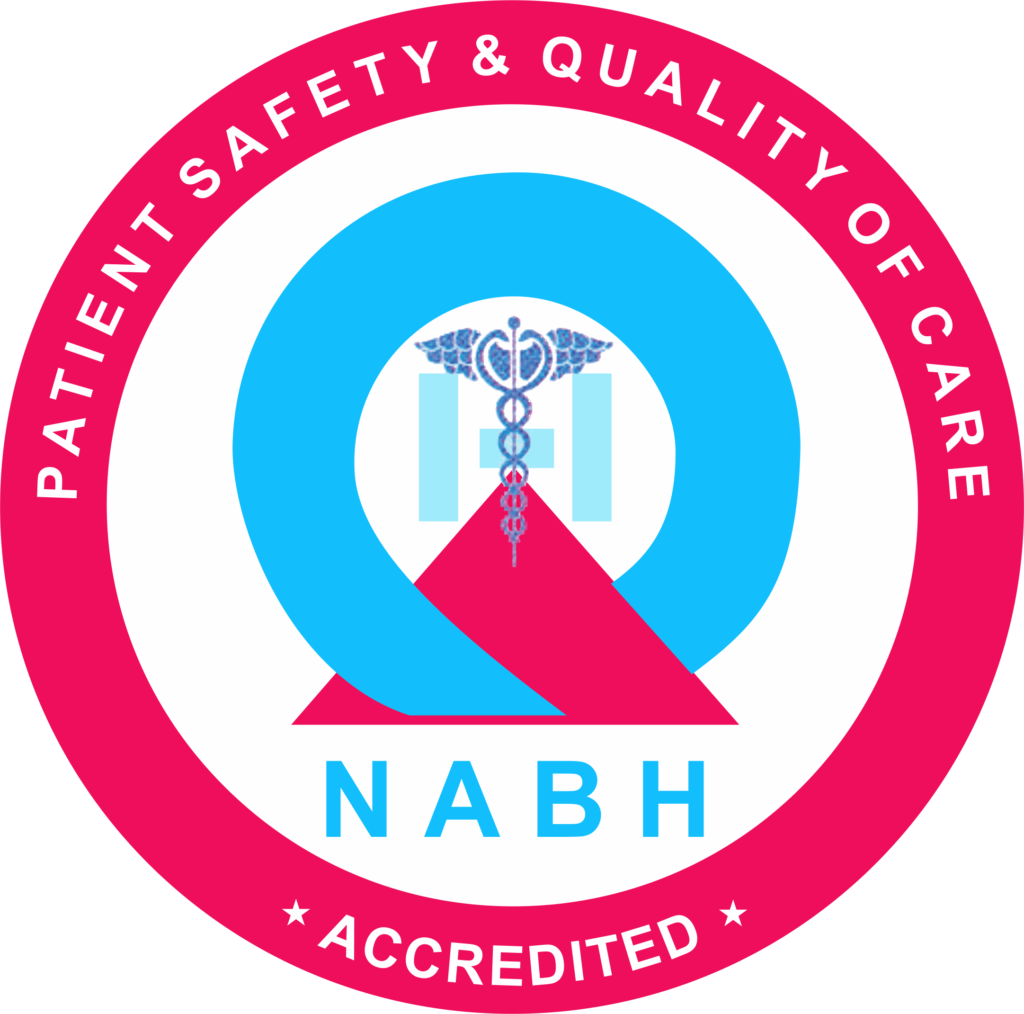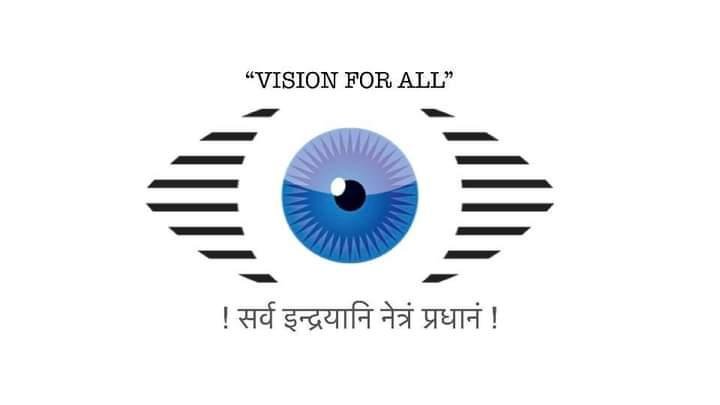The Complete Guide to a Fellowship in Ophthalmology in India
The Complete Guide to a Fellowship in Ophthalmology in India
The Complete Guide to Pursuing a Fellowship in Ophthalmology in India
As an aspiring ophthalmologist in India, pursuing a fellowship can significantly impact your career trajectory. A fellowship in ophthalmology offers specialized training and hands-on experience, enabling you to gain expertise in specific areas of eye care. This comprehensive guide aims to provide detailed insights into the process of pursuing a fellowship in ophthalmology in India. It covers crucial aspects such as the prominent institutes that offer fellowship programs, the eligibility requirements, the application procedures, and the potential career advantages associated with completing a fellowship in this field.
Why Pursue a Fellowship in Ophthalmology?
A fellowship in ophthalmology is a special training program for eye doctors. They learn how to do different kinds of eye surgery and take care of kids’ eyes. This program helps them become experts in the eye care they like best.
- Specialized Skills: Gain expertise in a specific area of ophthalmology, which can set you apart in your field.
- Enhanced Career Opportunities: Fellowship training can open doors to prestigious positions in hospitals, clinics, and academic institutions.
- Research Opportunities: Many fellowship programs include research components, allowing you to contribute to advancements in ophthalmology.
- Networking: Build connections with leading experts and professionals in the field.
Eligibility Criteria for Fellowship in Ophthalmology
To be an eye doctor in India, you need to finish special training, be registered as a doctor, and have worked as an eye doctor for 1-3 years. Some places might want you to have done research or have special skills too. Different places might have slightly different rules.
- Educational Qualification: You must have an MS/MD/DNB degree in ophthalmology from a recognized institution.
- Experience: Some programs may require a certain amount of clinical experience post-PG.
- Entrance Exam: Certain institutes may have entrance exams or interviews as part of the selection process.
Application Process
The process of applying for a fellowship in ophthalmology in India involves several steps.
- Research: Identify the institutes and programs that align with your career goals and interests.
- Application Form: Fill out the application form for the fellowship program. Most institutes have an online application process.
- Supporting Documents: Submit required documents, including your CV, educational certificates, and letters of recommendation.
- Entrance Exam/Interview: Prepare for any entrance exams or interviews required by the institute.
- Selection: If selected, you will receive an offer letter outlining the fellowship’s terms and conditions.
Career Benefits of a Fellowship in Ophthalmology
Studying eye medicine in India is really cool and helps you become a better eye doctor. You get to see all kinds of eye problems and learn from experienced doctors. Also, you can learn about India’s culture, which can make you a more understanding eye doctor.
- Expertise in a Subspecialty: Specializing in a particular area of ophthalmology can make you a sought-after expert in that field.
- Higher Earning Potential: Specialists often command higher salaries compared to general ophthalmologists.
- Prestigious Positions: Fellowship-trained ophthalmologists are often preferred for senior positions in hospitals, research institutions, and academic settings.
- Professional Development: Continuous learning and hands-on experience during the fellowship can keep you updated with the latest advancements in ophthalmology.
Conclusion
In India, a fellowship in ophthalmology can help you become really good at helping people with eye problems. You can choose where you want to learn and what you want to focus on, like seeing patients, doing research, or teaching.In India, a fellowship in ophthalmology can help you become really good at helping people with eye problems. You can choose where you want to learn and what you want to focus on, like seeing patients, doing research, or teaching.










